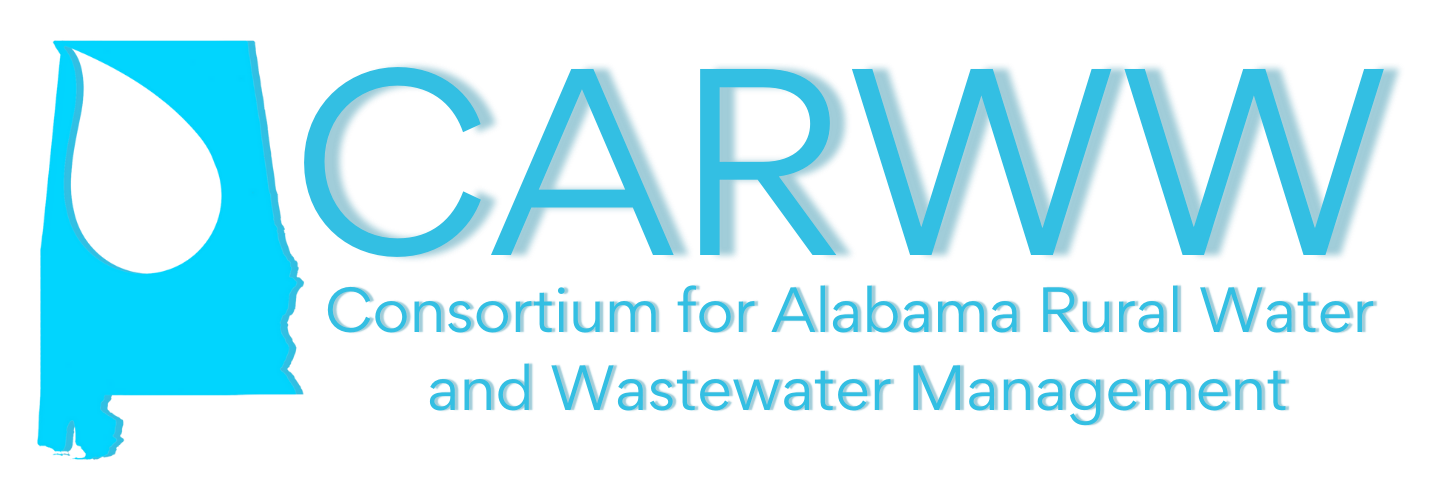Across the country, wastewater and sanitation systems are failing, contaminating water supplies, causing parasitic infections, and harming ecosystems. These challenges are particularly acute in areas such as the Black Belt region of Alabama, where like many rural and impoverished communities, this issue has not been sufficiently addressed.
The Transforming Wastewater Infrastructure in the U.S. project aims to contribute directly to addressing this challenge, by demonstrating viable, cost-effective wastewater treatment solutions. The impact of the systems will be measured at the household and environmental level, showing how they address exposure to pathogens for individuals and families, as well as the surrounding environment. A comprehensive set of national resources will be developed and made available so that communities across the U.S. can access information that provides viable, cost-effective solutions for their conditions.
The project is formulated at two levels: 1) A national assessment and solutions strategy, and 2) An intervention and demonstration project targeted at rural, impoverished communities in Alabama that have been identified as critical given their lack of effective wastewater and sanitation services. The project presents a hands-on evaluation, and a solution to failing wastewater situations that may be prevalent over a region that extends from Texas through Appalachia and to Michigan.
This project aims to provide immediate benefits to households and communities at system sites, including demonstrable improvements in water quality, community health, and a reduction in toxic discharges to the environment. It will also provide models and resources for communities across Alabama, the U.S. and the world seeking more efficient and sustainable solutions to inadequate wastewater infrastructure.
In 2017, the American Society of Civil Engineers gave the United States a D+ grade for its national wastewater infrastructure. Across our nation, wastewater and sanitation systems are failing, including in the Black Belt. In the Black Belt, there are limited public sewers or functional septic systems and many households opt for what is locally known as a “straight pipe” discharge, sending untreated wastewater from the toilet to a nearby pit, ditch, stream, waste ground, where it is uncontained and accessible by animals or people. For example, in Wilcox County alone, an estimated 300,000 to 500,000 gallons of untreated sewage and pathogens are being discharged onto the ground and to local watersheds each day.
Effective, single-home, wastewater management systems have a high cost and a short life span, creating a significant financial burden for poor, rural households and long-term maintenance is typically non-existent. Both the cost barrier and the lack of maintenance for onsite wastewater systems are recipes for widespread untreated sewage disposal. New innovations can address the longstanding challenges when they are developed and implemented to account for unique local contexts and respond to the needs and experiences of community members affected by inadequate wastewater services.
Location: Rural Black Belt region of Alabama
Research: The project will provide sustainable solutions to wastewater challenges for target communities and lead to immediate benefits to target households. By bringing state of the art technologies to this setting and demonstrating their economic and physical viability, the project will provide an important foundation for replicating this approach, and potentially serve as a model for communities that face similar challenges across the U.S. and globally.
Currently underway, the first phase of the project lays the groundwork for implementation and scale, including the initial research, testing, and initial designs including:
• Design and install a wastewater treatment system prototype at the Auburn Rural Studio, including site engagement, permit applications, stakeholder engagement;
• Design health impact study, based on an assessment of existing gut pathogens among a subset of childrens’ samples in the target region;
• Optimize model to determine allocation of systems across a given town or community, as well as a national mapping of existing wastewater treatment connections and/or homes on septic systems to understand the national need.
The project brings together an interdisciplinary team with expertise in water management, engineering, public health, law, and policy:
Maura Allaire, Water Economics and Policy, University of California, Irvine
Joe Brown, Environmental Sciences & Engineering, University of North Carolina
Mark Elliott, Dept of Civil, Construction, & Environmental Engineering, University of Alabama
Upmanu Lall, Columbia Water Center and Earth Institute, Columbia University
Kevin White, Dept of Civil, Coastal, & Environmental Engineering, University of South Alabama
Partners:
Consortium for Alabama Rural Water & Wastewater Management
The University of Alabama
The University of California, Irvine
The University of North Carolina
The University of South Alabama
This project is supported in part by Columbia World Projects (CWP) an initiative of Columbia University that mobilizes the University’s researchers and scholars to work with governments, organizations, businesses, and communities to tackle global challenges.
Current Projects:
Columbia World Projects: Transforming Wastewater Infrastructure in the United States
EPA: Reinventing Rural Wastewater Management
USDA: TAT Regional Wastewater Treatment Solutions
Black Belt Unincorporated Wastewater Program
Dig Deep: Decentralized Wastewater Innovation Cohort
USDA: Sustainable Wastewater Management in the Rural Black Belt of Alabama
This institution is an equal opportunity provider.
